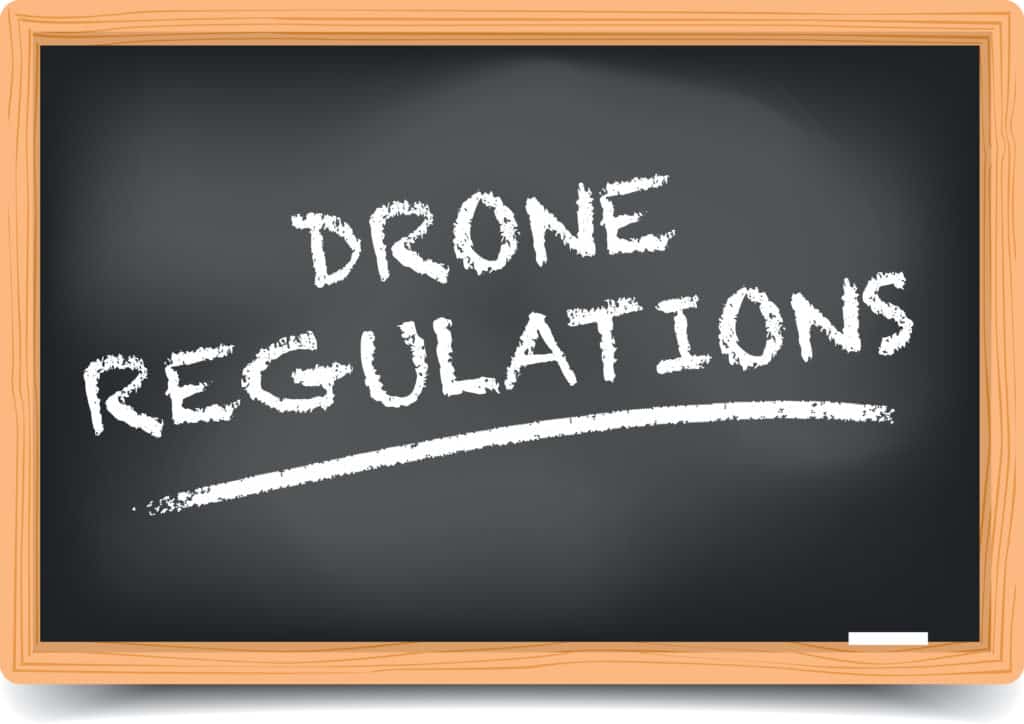
Due to the new regulations that came into effect from 31st December 2020, we wanted to provide an update on how this will impact upon the policies that Coverdrone offer. As we have been providing policies in different territories around the world for many years our policy wording is designed in such a way that it already accommodates for local regulations.
As long as the operator is flying within the local rules and regulations and has any relevant permissions/qualifications/Licences that are required then our policy will cover them.
The EC785/2004 insurance regulation has not changed, so it is therefore still a legal requirement to obtain drone insurance if you are undertaking commercial operations, the client would need to ensure that they are selecting the correct basis for the insurance from either commercial or recreational. To assist with this the CAA have provided a definition of a commercial flight which can be found on page 42 of CAP393.
The CAA Regulations
The CAA have recently published Edition 8 of CAP 722 Unmanned Aircraft System Operations in UK Airspace – Guidance, which provides updated guidance to all involved with the operation of unmanned aircraft in the UK. The content reflects the effect of the new UAS regulations that become applicable from 31st December 2020 throughout Europe. This includes the three operational categories which are explained below.
The EASA Regulations
EU Regulation 2019/947, caters for most types of operation and their levels of risk. It defines three categories of operations: the ‘open’, ‘specific’ and ‘certified’ categories. A brief overview of the new categories can be seen below, as sourced from the EASA website:
Open Category
The ‘open’ category addresses operations in the lower risk bracket, where safety is ensured provided the drone operator complies with the relevant requirements for its intended operation. This category is subdivided into three further subcategories called A1, A2 and A3. Operational risks in the ‘open’ category are considered low, and therefore no authorisation is required before starting a flight.
Specific Category
The ‘specific’ category covers riskier operations, where safety is ensured by the drone operator obtaining an operational authorisation from the national competent authority before starting the operation. To obtain the authorisation, the drone operator is required to conduct a safety risk assessment, which will determine the requirements necessary for safe operation of the drone(s).
Certified Category
In the ‘certified’ category, the safety risk is so high that certification of the drone operator and the aircraft is required to ensure safety, as well as the licensing of the remote pilot(s).
If you have any questions in regards to our drone insurance product please do not hesitate to contact a member of our team.
If you need any assistance with the new rules, clarification on what category you fall into or have any queries, we work with a number of qualified training providers who will be happy to assist. Their contact details can be found via our industry links page.
